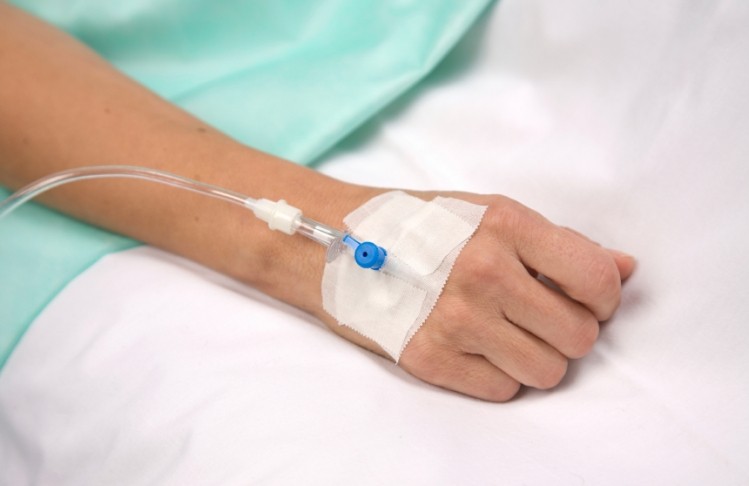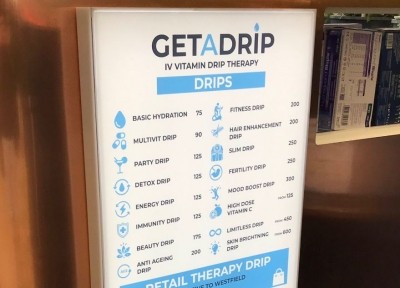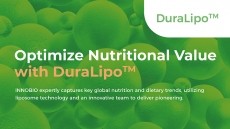NEWS IN BRIEF
MHRA provides update to IV nutrition supply issue

In an update posted online, the Agency said it had deployed inspectors to monitor changes to the production process, through correspondence and regular inspection visits.
The move follows news reports last week that hospital-bound patients, who rely on intravenous (IV) nutrition, were not receiving them due to delays in delivery.
“Following the inspection, Calea reduced output in order to make necessary changes,” said the MHRA.
“Whilst there is a backlog in production, Calea is working to rectify the problem and increase supply as soon as possible.
“Even though this contamination was found in the production area, it is important to add that we found no evidence to indicate the products manufactured and supplied to patients during this period were contaminated,” the Agency added.
“We understand this has caused concern for many patients, and these are not decisions we take lightly. However, our priority at all times must be patient and product safety.”
Test samples
Responding to MHRA’s actions, a Calea spokesperson said, “We have been directed to change the process by which we add trace elements and vitamins to our parenteral nutrition bags, in order to align with latest standard industry practice.
“As a result the time taken to produce bags has increased and although we are working as quickly and safely as possible to meet demand, we are sorry that our deliveries have been delayed.”
The MHRA’s update cited a test sample taken by Calea on 25 June at its Runcorn site in the UK as part of the firm’s routine monitoring.
These checks, intended to identify microbial contamination in the production area and on production personnel, found traces of the bacteria Bacillus cereus, thuringiensis and mycoides.
Bacillus cereus
The Agency explained that while the technology used was not sensitive enough to identify the specific bacterial species, they insisted premises assume a worst-case organism, which would be Bacillus cereus.
B. cereus can cause two different types of food poisoning. For both, the food involved has usually been heat-treated, and surviving spores are the source of the food poisoning.
B. cereus grows well after cooking and cooling and is easily spread to many types of foods, especially of plant origin, but is also frequently isolated from meat, eggs and dairy products.
It’s robustness makes the bacteria a particular concern for vulnerable patients receiving parenteral nutrition.
The majority of products manufactured at the Runcorn site are created and sent to meet the medical demands of individual patients with intestinal failure.















